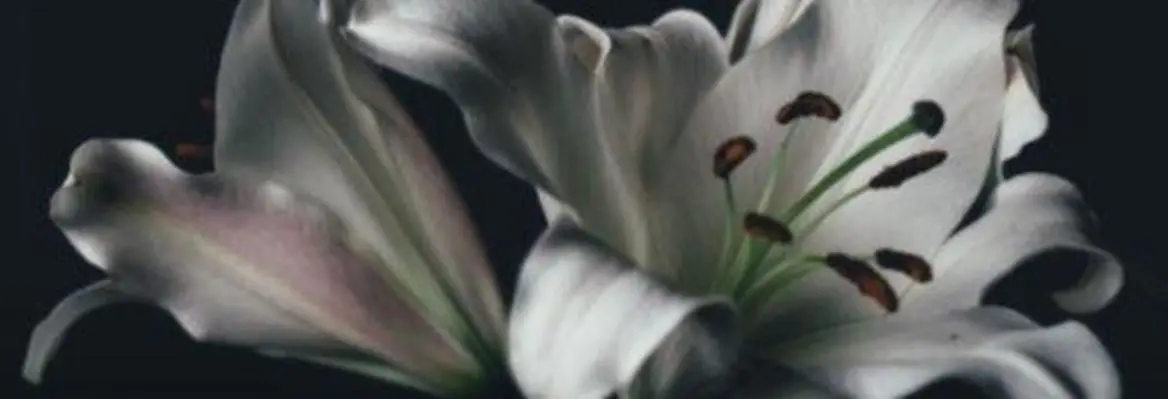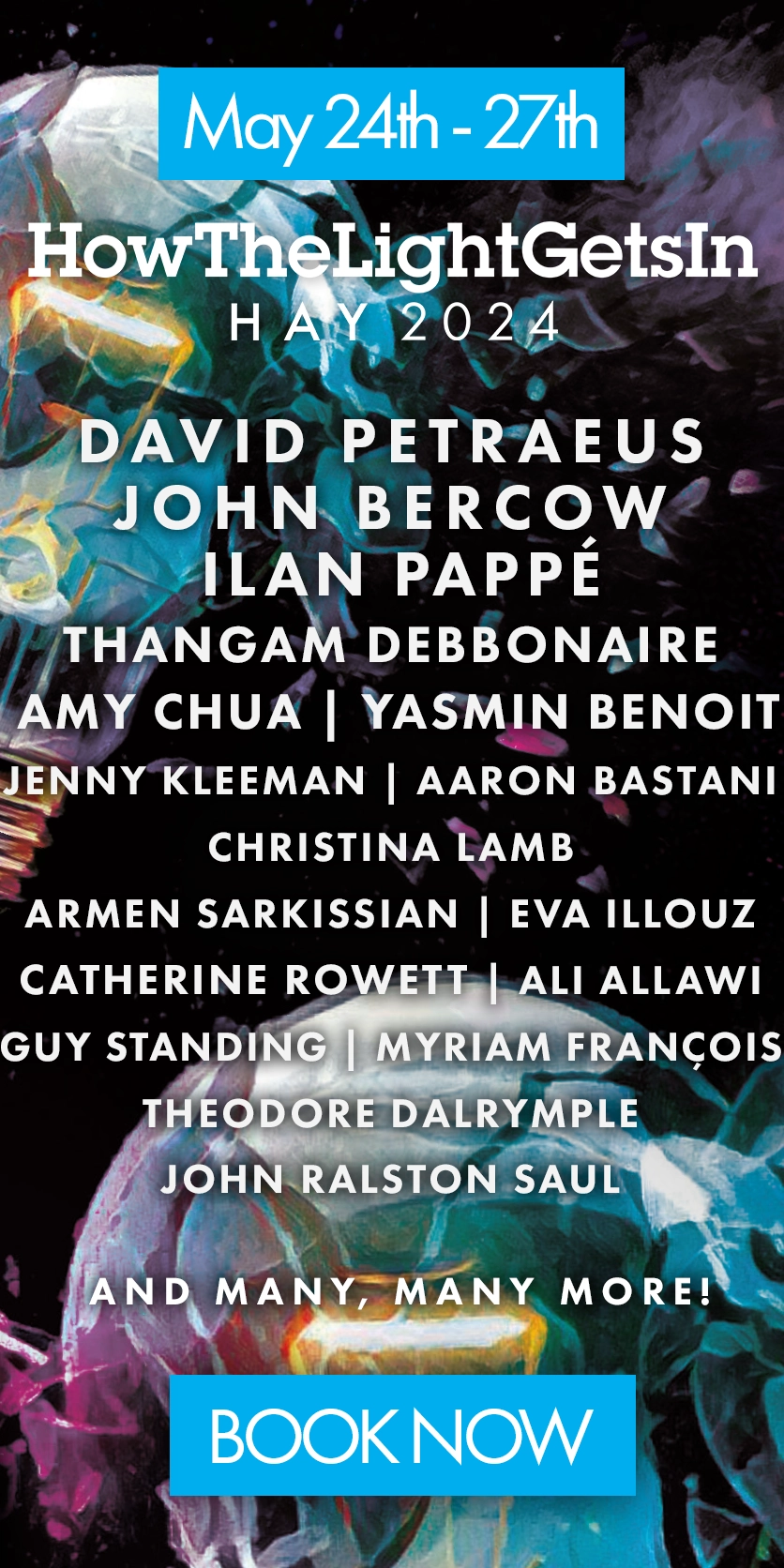The festive season is coming – Winter Solstice, Christmas, the New Year. Rolling over into January, we have the 25th in Scotland to celebrate with whisky and haggis the poetry of Robert Burns. Then there’s Bridgit’s Eve, or Saint Bride’s night, on the 31st.
At the risk of bringing on refrains from Burns’ Tam o’ Shanter, pursued by witches, what all these share in common for me is summed up in an old expression, “a good funeral”.
I don’t know where your cultural reference points might lie, but in Scotland I’ve observed two things about a good funeral. First, there is the obvious: the provision of beverages. As a Ros Levenstein advert had it in the early 1970s, “I’m only here for the beer.” But second, and pressing deeper, there’s the spiritual spirit.
A “good funeral” can be a fleeting but enduring portal into deeper life. Human minds work differently when we come together round a common cause for constellation. The transpersonal realm of interconnection can kick in. Alternate ways of seeing and being may briefly be revealed. A subtle deeper light can fall upon reality.
Paradoxically, a good funeral can leave us uplifted, purged, and purified to glimpse realities more commonly denied. It’s not just funerals. The same is true of many rituals. I only mention funerals because they are less easily avoided.

Ritual, when it is authentic, not forced, when it arises naturally out of the life of a community, provides a portal into life’s deeper state. In the largely secular or materialist world of modern life, we tend to think of one another as individuals. Atomised as “rational economic man”, it makes sense to vie with one anther. Children are taught this from an early age with school prizes, placements in the class, and all the chimera of equality that pass as dog-eat-dog meritocracy. Cooperation is encouraged only inasmuch as it serves the needs of a competitive dynamic. Mainstream western culture canonises winning and in that respect, we may have decolonised Africa, but we have not decolonised our minds.
Therein lies part of our cultural sickness, for what if winning isn’t everything? What if there’s more to life than Bertrand Russell’s summation of humans: “accidental collocations of atoms”? What if there’s more than only random chance events within a meaningless universe, events by which, as he insisted, “no fire, no heroism, no intensity of thought and feeling, can preserve an individual life beyond the grave”?
What if the great philosopher got it very wrong? He concluded: “Only within the scaffolding of these truths, only on the firm foundation of unyielding despair, can the soul’s habitation henceforth be safely built”?
That statement – that strange Ground Zero appeal to “soul” - seems to me to carry in it seeds of nihilism’s own nemesis. I wonder if he had read Freud on tricks of the unconscious?
It seems to me that many people have a part of their persona that plays the cool materialist game, that gambles on fixed odds but crucifies itself on scaffoldings of half truths. A scaffolding fixed in space and time with no sense of stepping back into eternity, that admits no more of humankind than egos perched on legs of meat. In contrast, the spiritual question, the metaphysical question, is whether there’s a “meta” behind the “physical”? Whether there’s a Kantian “noumenon” or “thing in itself” behind the “phenomenon” of the outward surface of appearances?
I suspect that even atheist funerals struggle to stay faithful to Russell’s logic of unyielding despair. You come together round the coffin to remember – to re-member – the life now passed, and somehow something often shimmies in beneath the lintel, the limen, subliminally.
___
"A good funeral, any well-held ritual space, unwraps the cocoon we’ve gone to sleep within."
___
That’s what ritual space does, be it a funeral or some happier festival. There can be moments when a fleeting magic touches. I felt it when we lost our child in stillbirth. I’m not talking hypothetically. I felt it the time that we were celebrating Bridgit’s Eve, and Robin out at Craigencalt, an organic farm in Fife, donned a huge fur coat, and danced and danced us all into a crazy frenzy.
He turned into the totem bear that night. Alright, we’d maybe had a dram or two. I did suggest that liminal sense might be spiritual in more than one sense. But something else was happing. The ritual reached us and opened us. I can’t remember now, but I’d have read, I’m sure, some passages of Hebridean folklore from the nineteenth century ethnographer, Alexander Carmichael:
Bridgit with her white wand is said to breathe life into the mouth of the dead Winter and to bring him to open his eyes to the tears and the smiles, the sights and the laughter of Spring.
And in the wildness of the dance, the thin veneer of atomistic separatism cracked, and we became the tribe again that night. Spring touched upon the winter of our lives, and warmth flowed back through the community.
That’s what can happen when you touch on liminal space, when you duck beneath the threshold and the aperture of consciousness widens.
I’ve sensed the same transcendent uplift in the Christmas story. At a good Burns night. In a ceilidh dance. Such rituals of common gathering are moorings of community.
Does anyone who’s reading this remember still the “Summer of Love”, that portal into higher consciousness that briefly opened for a year or two? This year has marked its half century’s passing. These things surface occasionally, like great whales breaching, on the surface of collective consciousness, and then dive down deep again while we digest.
Remember that song, “Step inside, love,” from Cilla Black in 1968? In so many lyrics of that time there was an outward, phenomenal, and an inner, noumenal reality to the lyrics:
Let me find you a place where the cares of the day
Will be carried away by the smile on your face
We are together now and forever, come my way
The deepest roots of love are always “forever”, “forever and a day”, “those were the days, my love.” Nostalgia, nostos-algos literally “home pain”, is a calling to our cosmic home. It is a refutation of the dulling tendency to place too small a system boundary around our lives.
A good funeral, any well-held ritual space, unwraps the cocoon we’ve gone to sleep within. When I’m asked, “How can we rekindle spirituality in our times,” one of my answers is from the American Quaker, Parker Palmer, who says we must create “spaces hospitable to the soul”. Festivals, both traditional and new-fangled, are contexts where that can happen.
Christmas is coming. Starting with Luke’s gospel, I will read again the age old parabolic myth. I will invite, afresh, an opening to the deeper truths that lie beyond the fable, beyond the literalism, even the ridiculous, and enter through the portal and from there, into the deepest poetry.
We can run, but cannot run away, and so I look up at the stars on a clear Hebridean night. I feel the cosmic shimmer, my small part in it, and I find myself immersed in greater thought.
Aye. There’s more to life, but only if we yield.
Remember, it is the vanquished who submit. Their lot, despair unyielding.
But lovers? The prefix matters. Lovers surrender to the arms of the beloved.
Debate the biggest ideas of our times at the Institute of Art and Ideas' annual philosophy and music festival HowTheLightGetsIn. For more information and tickets, click here.

















Join the conversation